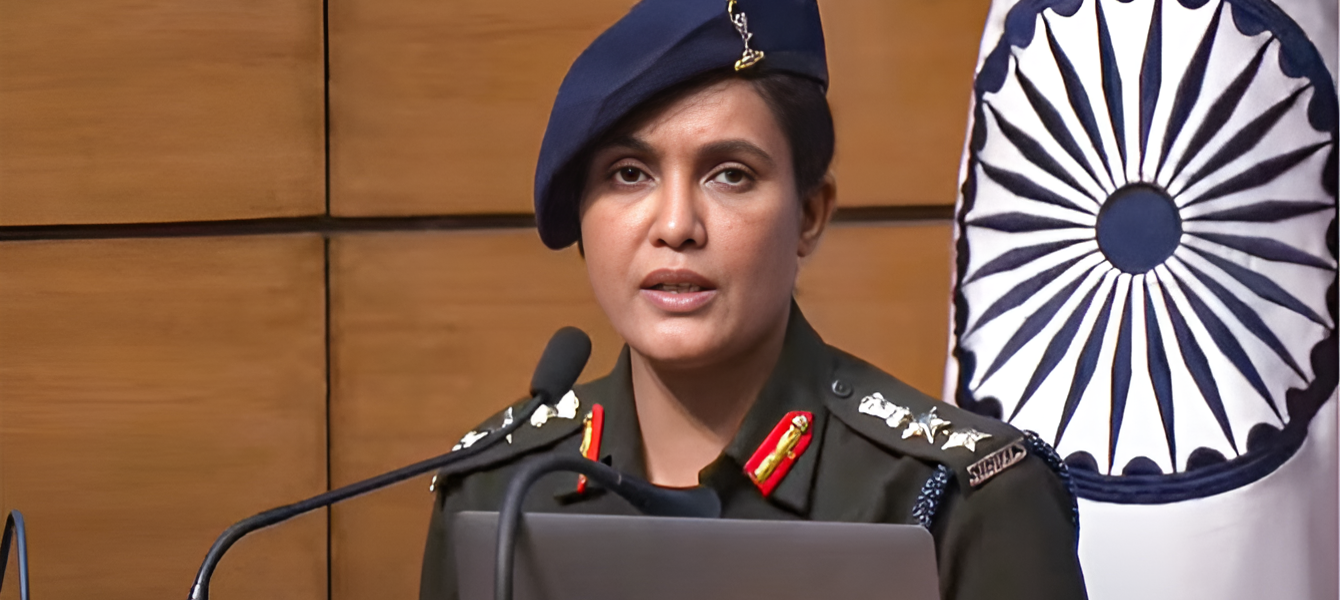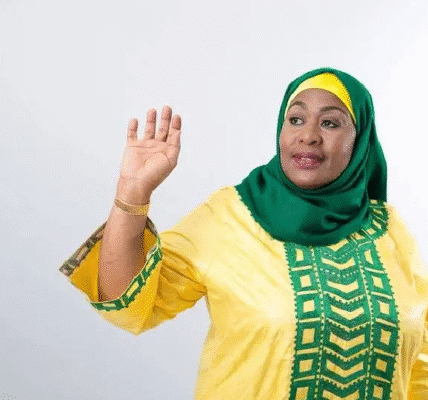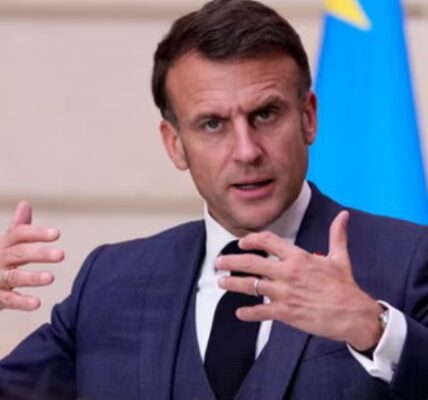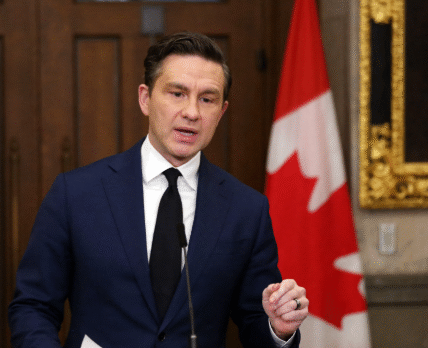Colonel Sophia Qureshi is a distinguished officer in the Indian Army’s Corps of Signals, celebrated for her groundbreaking contributions to military leadership, gender equality, and national security. As the first woman to lead an Indian Army contingent in a multinational military exercise and a key figure in high-profile operations like Operation Sindoor in 2025, she has become an icon of resilience, intellect, and dedication. This comprehensive biography explores her early life, education, illustrious career, awards, personal life, and enduring legacy, drawing from a wide range of credible sources.
Key Details:
| Name | Colonel Sophia Qureshi |
| Rank | Colonel, Indian Army |
| Branch | Corps of Signals |
| Date of Birth | 1981 |
| Place of Birth | Vadodara, Gujarat, India |
| Education | Postgraduate Degree in Biochemistry |
| Commissioned | 1999, Officers Training Academy, Chennai |
| Family | Father: Former religious teacher in the Army Grandfather: Army veteran Spouse: Major Tajuddin Qureshi (Mechanised Infantry) Son: Sameer Qureshi |
| Key Career Milestones | – UN Peacekeeping Mission in Congo (2006) – First woman to lead Indian Army contingent at Exercise Force 18 (2016) – Co-led media briefing for Operation Sindoor (2025) |
| Awards and Honors | – GOC-in-C Commendation Card (Operation Parakram) – SO-in-C Commendation Card (Flood relief, Northeast India) – Force Commander Appreciation (UN Mission, Congo) – Certificate of Excellence (Cambodian Army) |
| Hobbies | Shooting, traveling, trekking, reading |
Early Life and Family Background
Born in 1981 in Vadodara, Gujarat, Sophia Qureshi grew up in a family steeped in military tradition, which profoundly shaped her career aspirations. Her grandfather served in the Indian Army, and her father worked as a religious teacher in the Army for a few years, instilling in her a deep respect for service and discipline. This familial legacy, combined with her exposure to the values of patriotism and honor, inspired her to pursue a career in the armed forces. Hailing from a warrior lineage, Sophia often cited her pride in belonging to a family of “warriors,” a sentiment that fueled her determination to excel in a male-dominated field.
Sophia’s early years in Vadodara, a city known for its cultural heritage and military connections, provided a nurturing environment for her ambitions. Her upbringing emphasized both intellectual rigor and physical resilience, qualities that would later define her military career. She balanced her academic pursuits with hobbies such as shooting, traveling, trekking, and reading, reflecting a well-rounded personality.
Education Qualification
Sophia Qureshi’s academic journey is marked by excellence, culminating in a Master’s degree in Biochemistry. This postgraduate qualification highlights her intellectual capacity and analytical mindset, which have been instrumental in her strategic roles within the Army. While specific details about her undergraduate education or the institution she attended are not widely documented, her advanced degree in a scientific field underscores her ability to blend technical knowledge with military expertise.
Her education complemented her military training, equipping her with the skills to handle complex operational challenges. After completing her academic studies, Sophia joined the Officers Training Academy (OTA) in Chennai, where she was commissioned into the Indian Army in 1999. Her time at OTA honed her leadership abilities and prepared her for the rigors of military service.
Career Details
Colonel Sophia Qureshi’s career in the Indian Army spans over two decades, marked by pioneering achievements, operational excellence, and a commitment to peacekeeping and national security. Below is a detailed account of her professional journey:
Commissioning and Early Assignments (1999–2006)
Sophia was commissioned into the Corps of Signals in 1999, a branch critical to military communications and information systems. Her early assignments included postings across India, including in counter-insurgency areas, where she served in signal regiments, ensuring secure and reliable communication networks under challenging conditions.
During Operation Parakram (2001–2002), a major military standoff along the Punjab border following the Parliament attack, Sophia rendered selfless service, earning a GOC-in-C Commendation Card for her contributions. Her work in maintaining communication lines during this tense period demonstrated her ability to perform under pressure.
Sophia also participated in flood relief operations in Northeast India, where her expertise in communication systems was pivotal. Her commendable efforts earned her an SO-in-C Commendation Card, recognizing her role in coordinating relief efforts.
United Nations Peacekeeping Mission in Congo (2006)
In 2006, Sophia served as a military observer in the United Nations Peacekeeping Operation in the Democratic Republic of Congo (DRC), a role that highlighted her global impact. During the 2006 presidential election in the DRC, she worked closely with the electoral and gender departments to promote women’s participation in decision-making processes. She also played a key role in reuniting displaced children and protecting women and children from violence, earning a Force Commander Appreciation for her dedication.
Her work in Congo involved monitoring ceasefires, coordinating humanitarian aid, and establishing a Civil-Military Coordination Structure in the western part of the country. This experience solidified her expertise in peacekeeping operations (PKOs), and she remained associated with PKOs for over six years, from 2010 onward.
UN Training Instructor (South Africa and Cambodia)
Sophia’s expertise in peacekeeping led to her selection as the first woman officer nominated by the UN’s Department of Peacekeeping Operations to train women on Civil-Military Coordination in South Africa. She also served as an instructor with the UN Training Team in Cambodia, where she trained the Cambodian army and police on UN peacekeeping protocols. Her exceptional performance earned her a Certificate of Excellence from the Cambodian army. These roles underscored her ability to foster international cooperation and share India’s peacekeeping expertise.
Historic Leadership at Exercise Force 18 (2016)
In March 2016, Sophia, then a Lieutenant Colonel, achieved a historic milestone by becoming the first woman officer to lead an Indian Army contingent at a multinational military exercise. The exercise, named Exercise Force 18, was the largest foreign military exercise ever hosted by India, held in Pune from March 2 to March 8, 2016.
Exercise Force 18 involved 18 ASEAN Plus countries, including India, Japan, China, Russia, the United States, South Korea, New Zealand, and Australia, focusing on Peacekeeping Operations (PKOs) and Humanitarian Mine Action (HMA). Sophia led a 40-member Indian contingent, serving as the only female contingent commander among all participating nations. Her role involved providing training inputs for PKOs, leveraging her extensive experience in UN missions.
Her selection was based on merit, as emphasized by then-Lieutenant General Bipin Rawat, Army Commander of the Southern Command: “In the Army, we believe in equal opportunity and equal responsibility. She has been picked not because she is a woman but as she has the abilities and leadership qualities to shoulder the responsibility.” Sophia herself expressed immense pride in leading the contingent, stating, “I feel proud, of course.”
Promotion to Colonel and Operation Sindoor (2025)
Promoted to the rank of Colonel, Sophia Qureshi continued to break barriers. In May 2025, she co-led the media briefing for Operation Sindoor, India’s decisive military response to the Pahalgam terror attack on April 22, 2025, which claimed 26 lives, including 25 Indian nationals and one Nepali citizen. Alongside Wing Commander Vyomika Singh of the Indian Air Force and Foreign Secretary Vikram Misri, Sophia addressed national and international media in New Delhi, detailing the precision missile strikes on nine terrorist infrastructure sites in Pakistan and Pakistan-occupied Kashmir (PoK).
The operation, conducted between 1:05 AM and 1:30 AM on May 7, 2025, targeted camps linked to groups like Lashkar-e-Taiba, emphasizing precision and restraint to avoid escalating tensions with Pakistan. Sophia’s composed and confident delivery, including presenting videos of strikes on camps in Mundrike and other locations, reassured the public of the Indian military’s preparedness and strategic discipline. She stated, “India has demonstrated considerable restraint in its response. However, the Indian Armed Forces are fully prepared to respond to Pakistani misadventures, if any, that will escalate the situation.”
Her role in Operation Sindoor not only highlighted her operational expertise but also symbolized the growing prominence of women in India’s defense leadership.
Awards and Honors
Colonel Sophia Qureshi’s exemplary service has been recognized with numerous accolades, reflecting her dedication and impact:
- GOC-in-C Commendation Card: Awarded for her selfless service during Operation Parakram on the Punjab border.
- SO-in-C Commendation Card: Recognized for her commendable work in communication during flood relief operations in Northeast India.
- Force Commander Appreciation: Received for her devotion and dedication during the UN Peacekeeping Mission in Congo in 2006.
- Certificate of Excellence: Awarded by the Cambodian army for her role as a UN instructor training the Cambodian army and police.
These honors underscore her versatility, from operational excellence in high-stakes environments to humanitarian contributions in crisis zones.
Personal Life
Colonel Sophia Qureshi is married to Major Tajuddin Qureshi, an officer in the Mechanised Infantry, further embedding her life within the military fraternity. The couple has a son, Sameer Qureshi, who was nine years old in 2016. Sophia has spoken about her ability to balance her professional duties with family responsibilities, emphasizing that “duty always comes first.” Her son has expressed pride in his mother’s achievements, aspiring to become a fighter pilot to defend the nation.
Physically, Sophia stands at approximately 5’7” (170 cm) and weighs around 65 kg (145 lbs), maintaining the fitness required for her demanding role. Her hobbies—shooting, traveling, trekking, and reading—reflect her adventurous spirit and intellectual curiosity.
Legacy and Impact
Colonel Sophia Qureshi’s career is a testament to the evolving role of women in the Indian Armed Forces. Her historic leadership at Exercise Force 18 and her prominent role in Operation Sindoor have shattered glass ceilings, proving that gender is no barrier to excellence in military leadership. Her journey from a young girl in Vadodara to a decorated Colonel has inspired countless women to pursue careers in the armed forces. Her message to young women is clear: “Work hard for the country and make everyone proud. Join the Army.”
Sophia’s achievements have been widely celebrated on platforms like X, where posts in May 2025 hailed her as a trailblazer and a symbol of India’s military prowess. Her briefing during Operation Sindoor garnered significant attention, with users praising her composure and the symbolic importance of women leading such critical operations.
Her story also reflects broader shifts in the Indian military toward inclusivity and gender-neutral leadership. As noted in sources, the increasing presence of women in combat and command roles enhances operational effectiveness and brings diverse perspectives to national defense. Sophia’s resilience in overcoming societal expectations and biases has paved the way for future generations of female officers.
Critical Perspective
While Colonel Qureshi’s biography is well-documented across Indian media, military-affiliated platforms, and social media, the sources primarily emphasize her achievements, potentially to promote national pride and gender equality. The lack of independent or international perspectives may limit a fully nuanced understanding of her career. For instance, details about specific challenges she faced as a woman in the Army—such as navigating institutional biases or balancing high-stakes operations with family life—are sparsely covered. Additionally, her early education and specific training regimens remain underexplored, which could provide deeper insight into her preparation for leadership roles.
Some sources, particularly older ones, refer to her as “Lieutenant Colonel” even after her promotion to Colonel, indicating potential inconsistencies in reporting. Furthermore, while her role in Operation Sindoor was widely praised, the operation’s geopolitical implications and her specific contributions to its planning remain less detailed, possibly due to the sensitive nature of the mission.
Conclusion
Colonel Sophia Qureshi stands as a towering figure in the Indian Armed Forces, embodying the ideals of courage, intellect, and leadership. From her early days in Vadodara to her historic achievements in Exercise Force 18 and Operation Sindoor, she has redefined what it means to be a woman in uniform. Her academic background in biochemistry, coupled with her military training, has enabled her to excel in both technical and strategic domains. Her awards, from commendation cards to international recognition, reflect a career dedicated to service and excellence.
As India continues to embrace women in combat and leadership roles, Sophia Qureshi’s legacy will inspire generations to come. Her story is not just one of personal triumph but a beacon of progress for the nation’s defense forces. Through her words and actions, she continues to urge young women to join the Army, work hard, and make their country proud.





